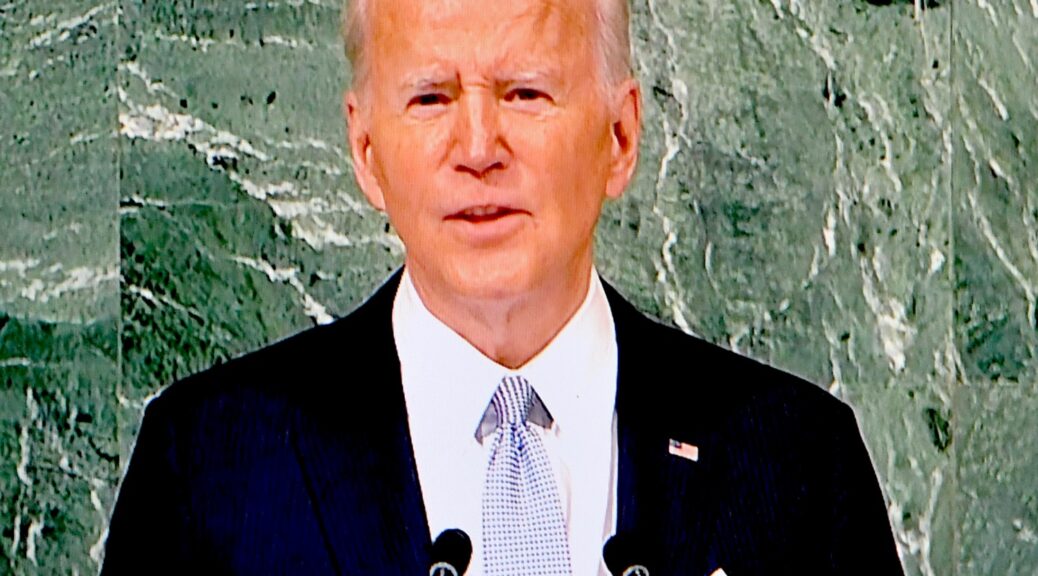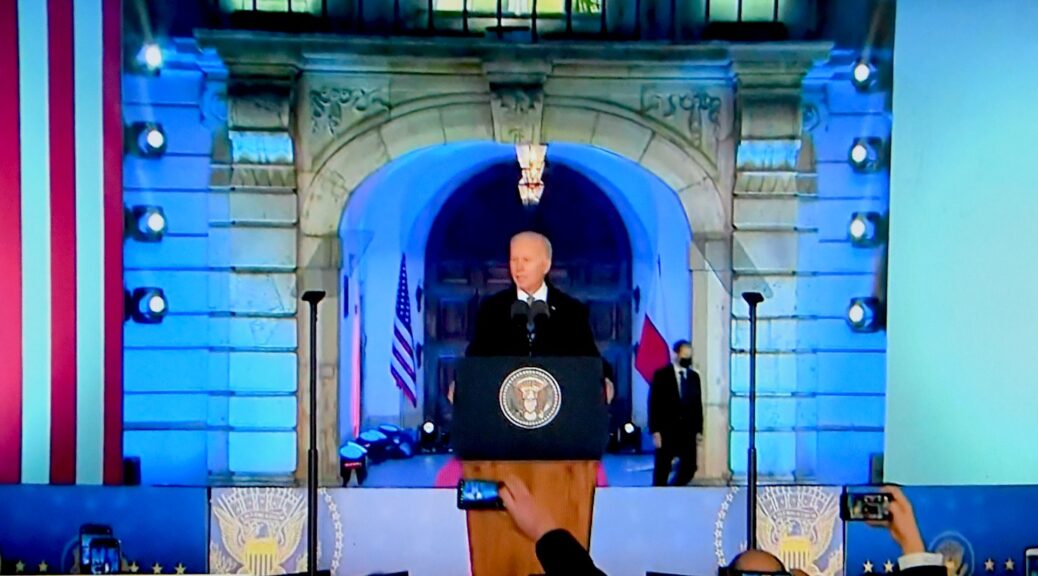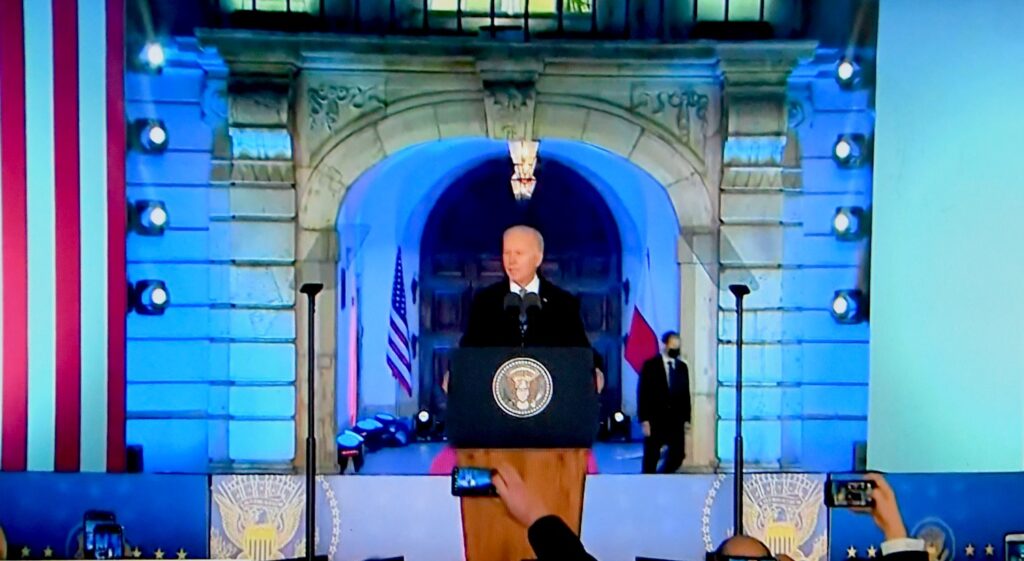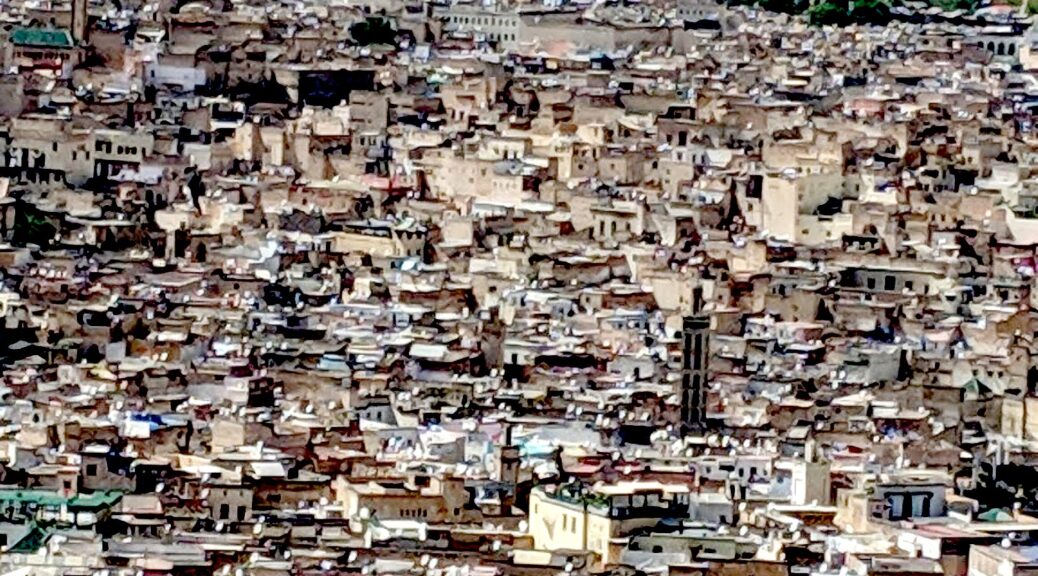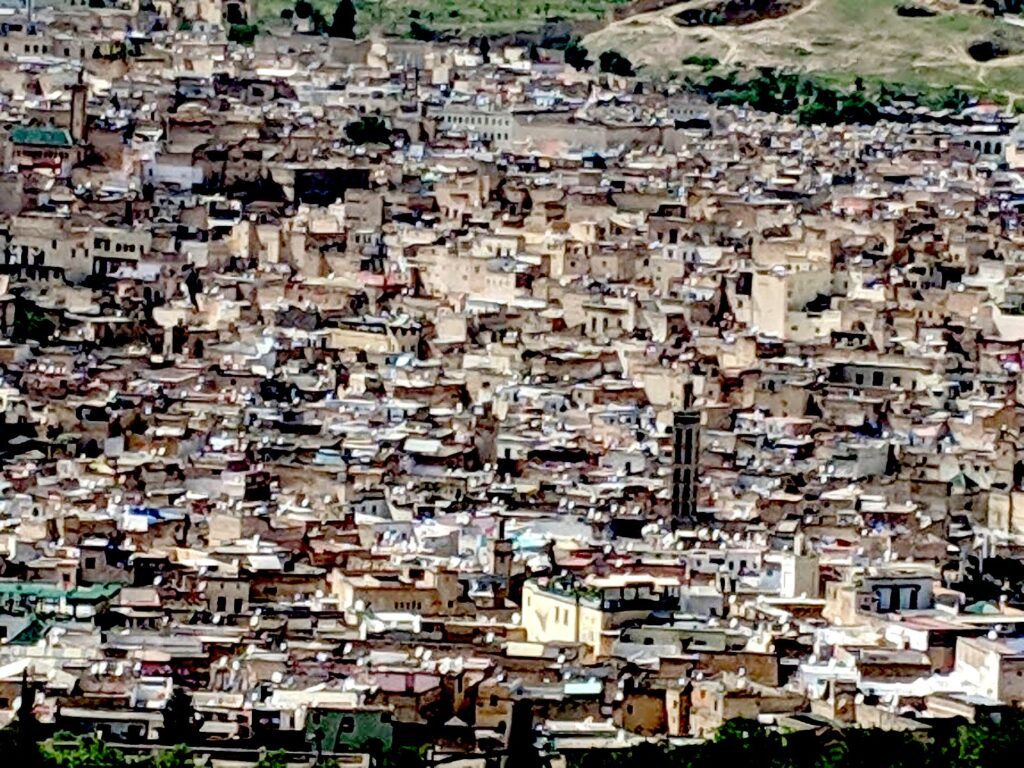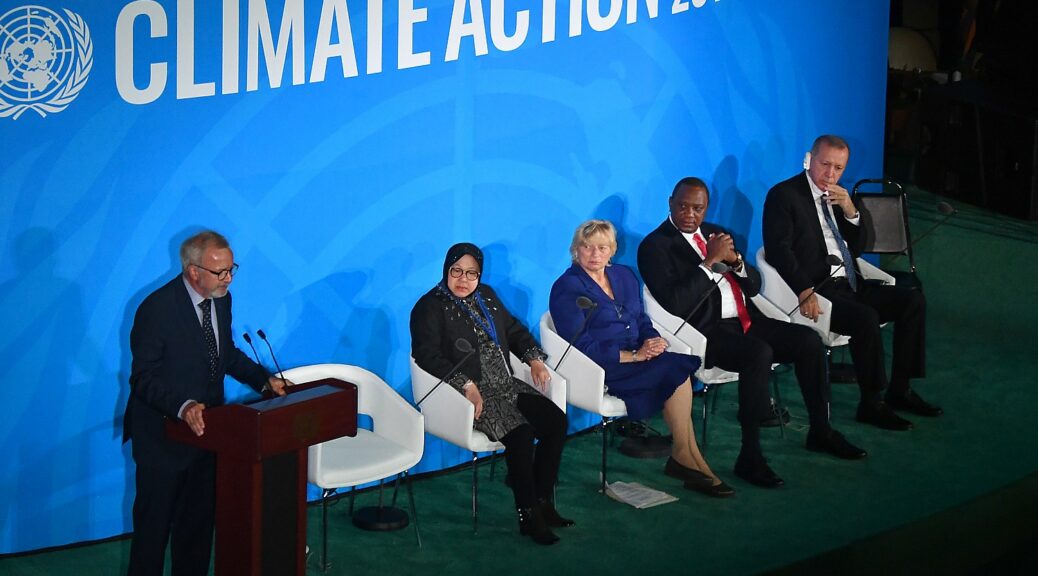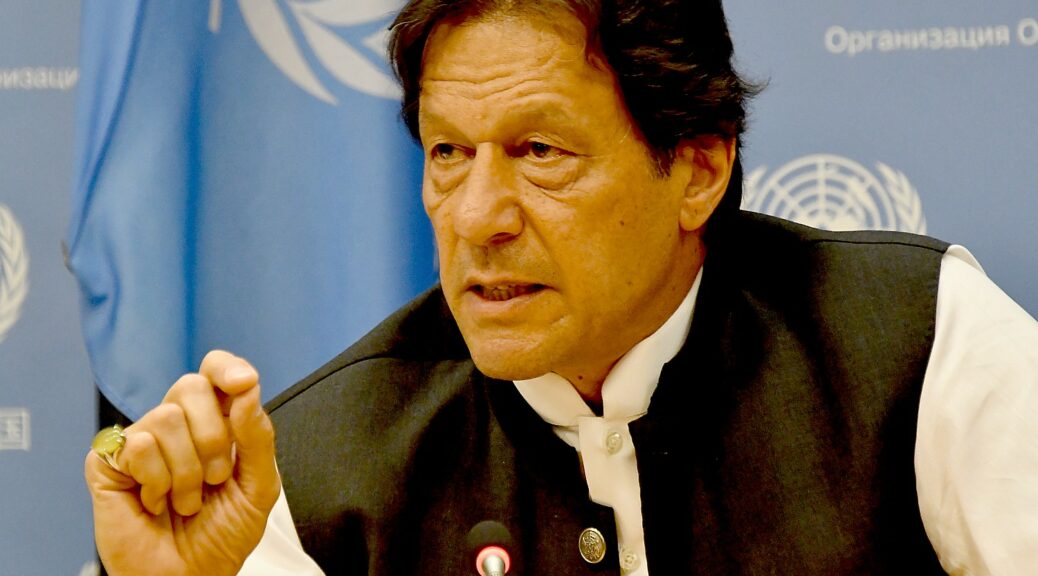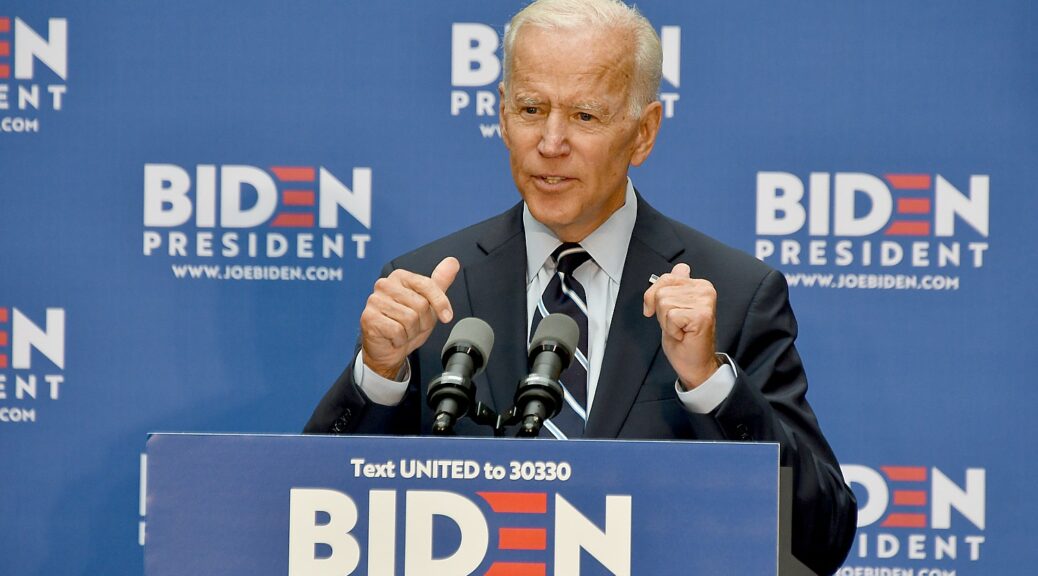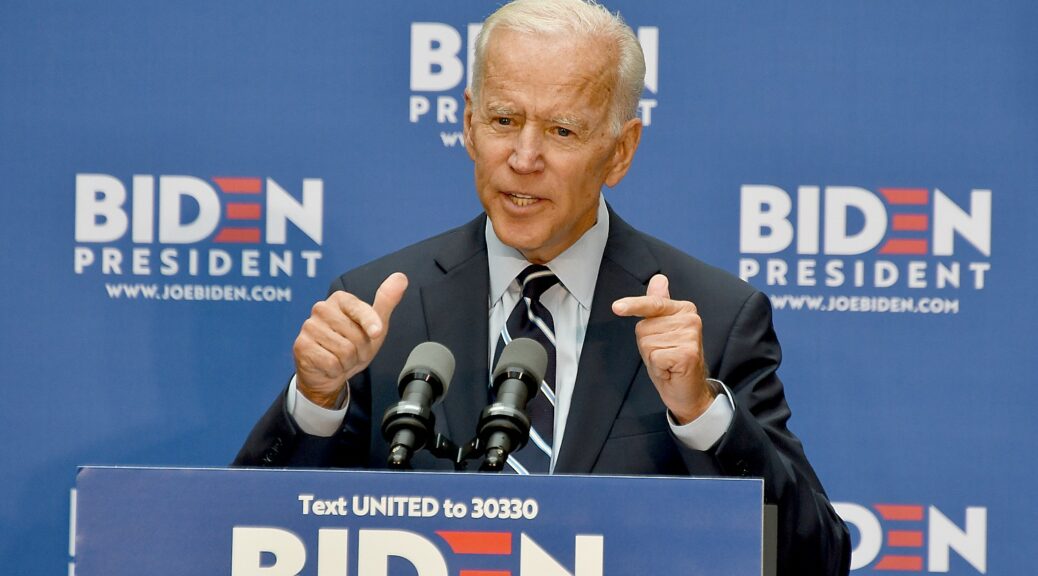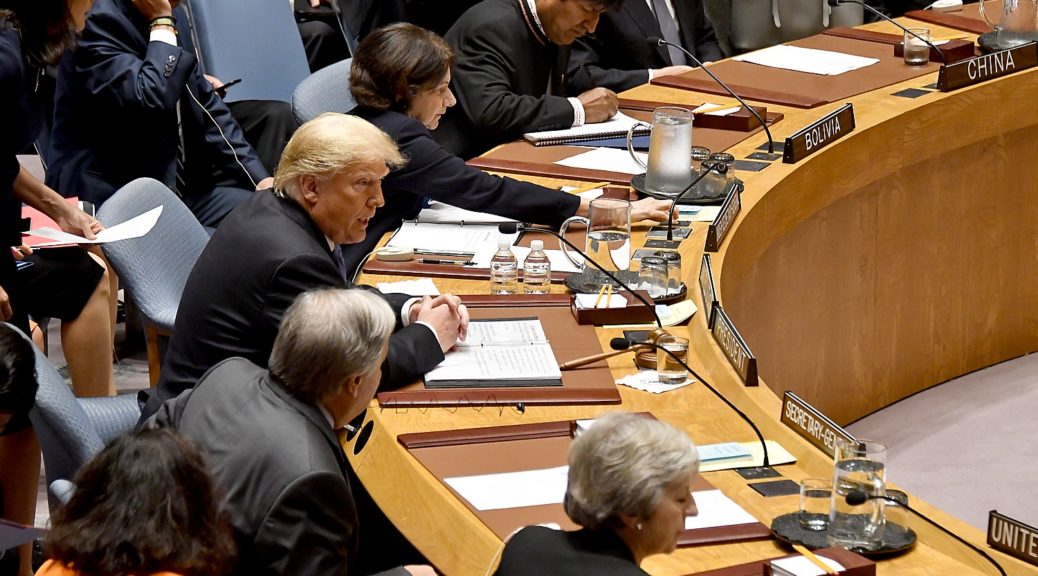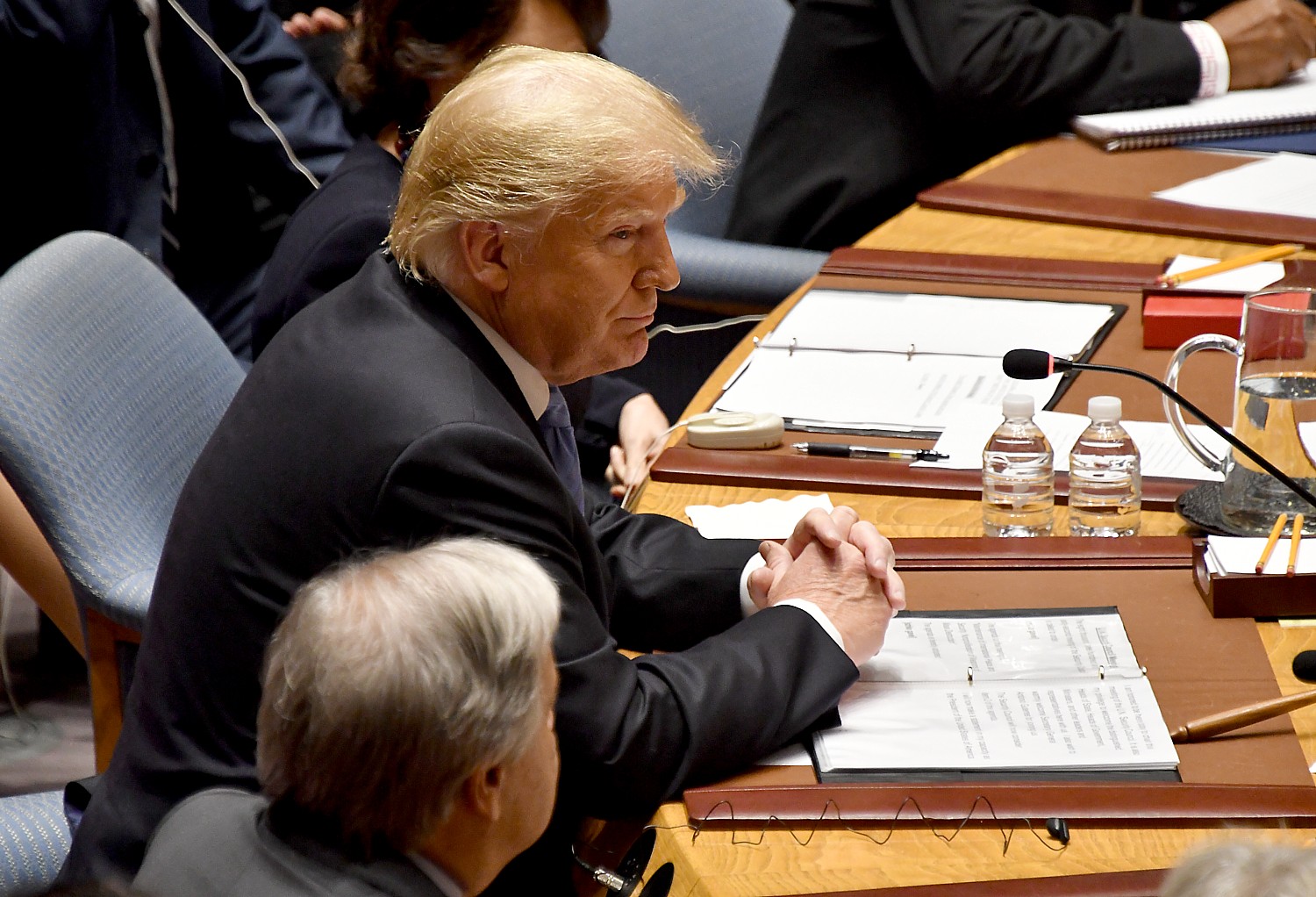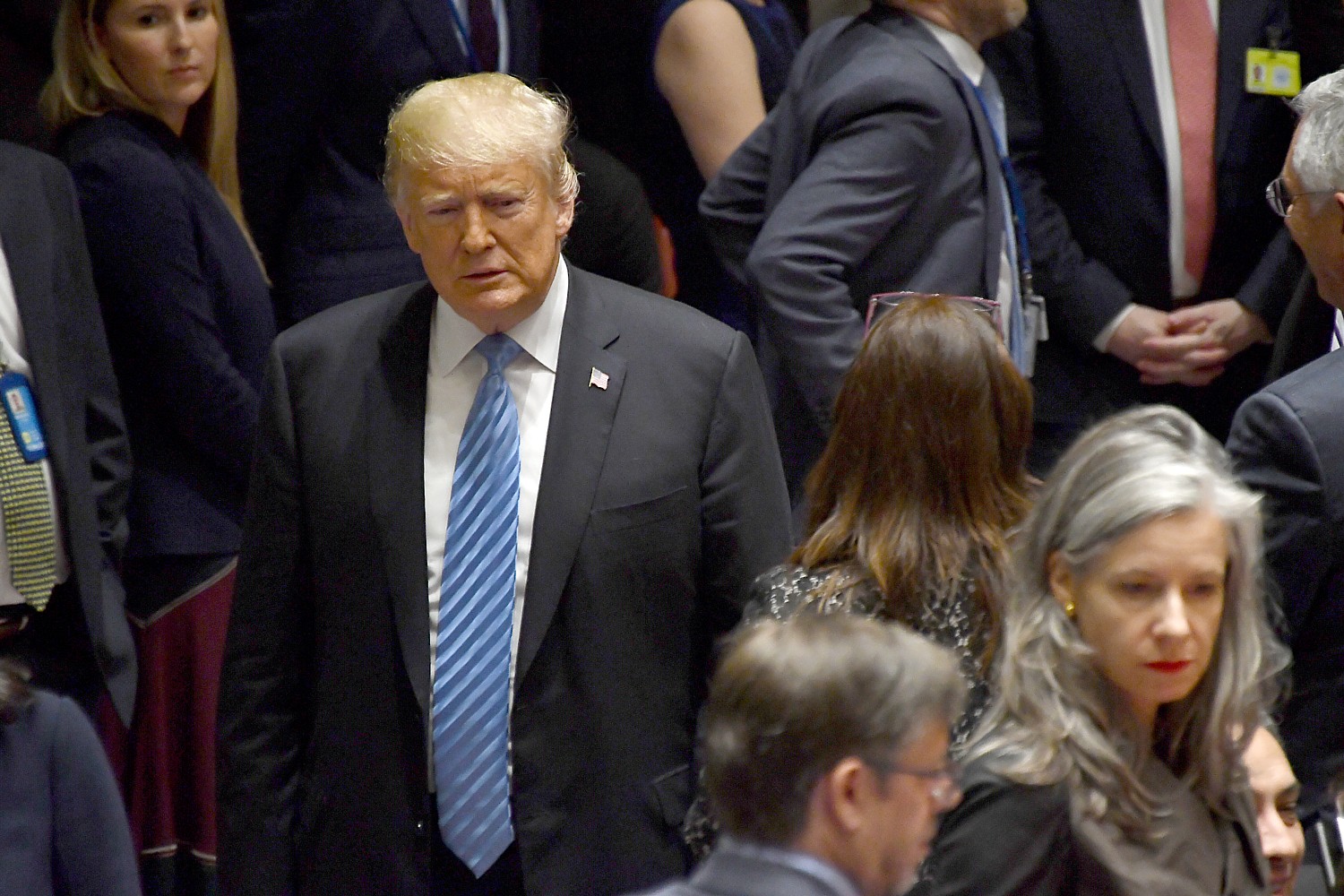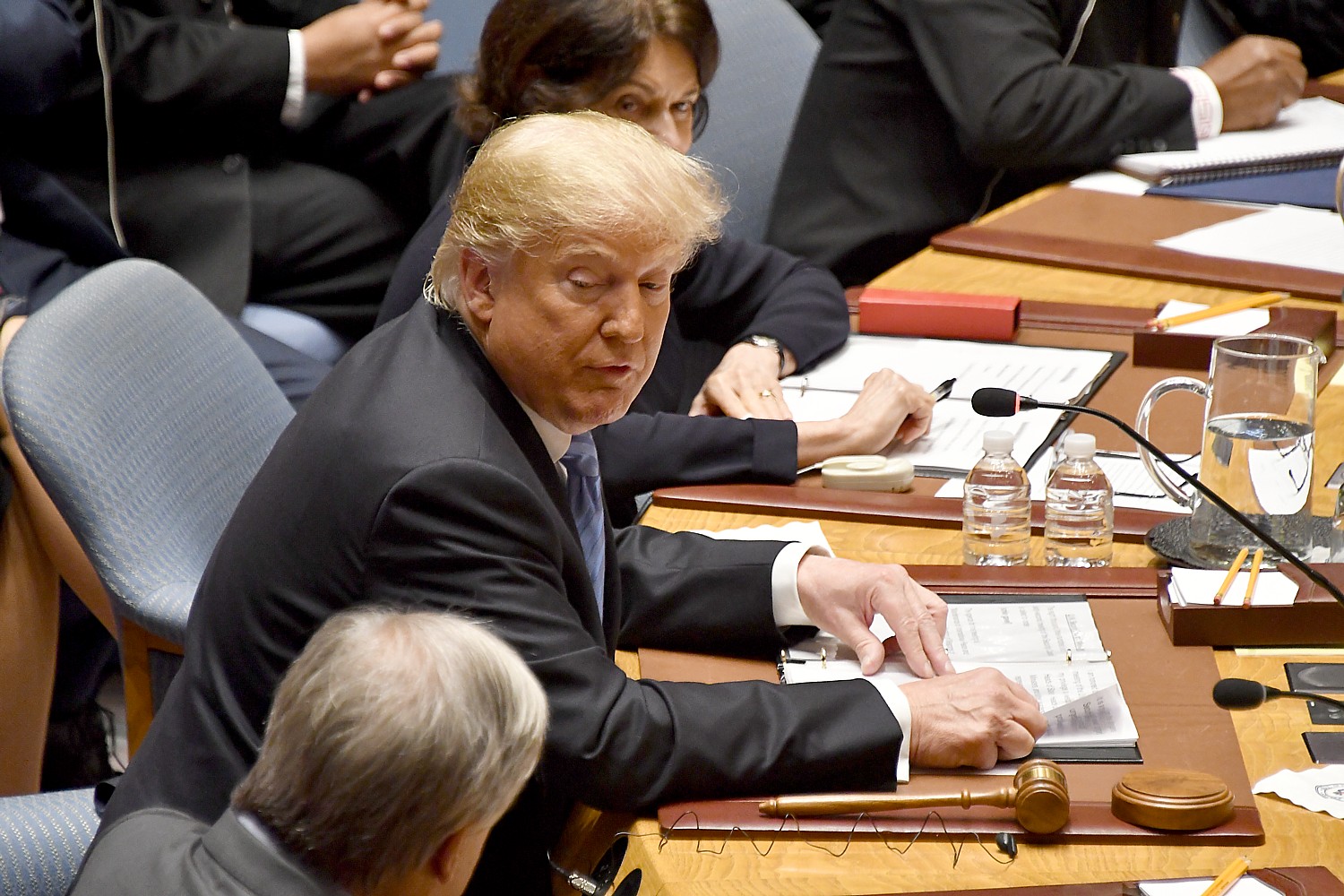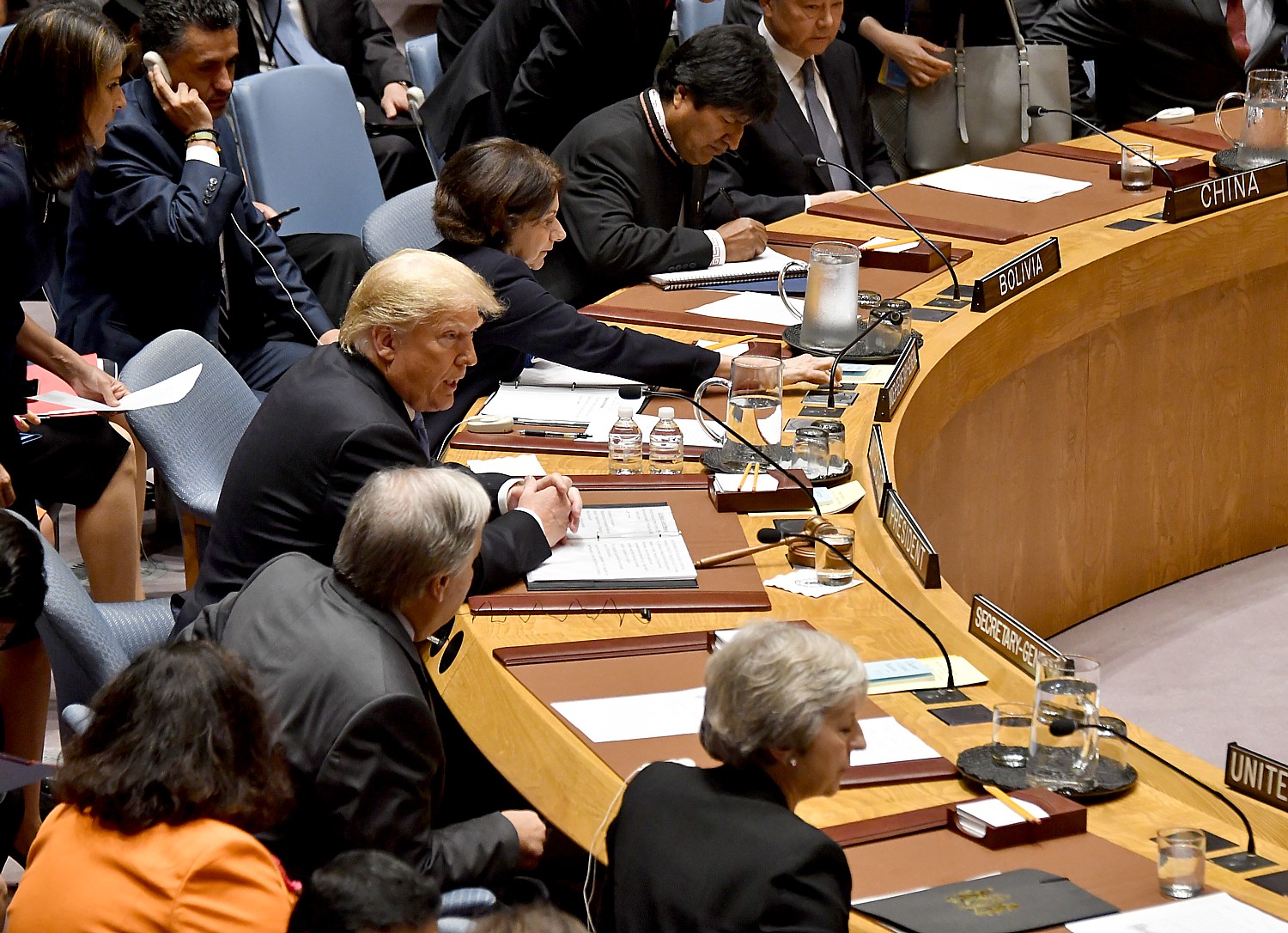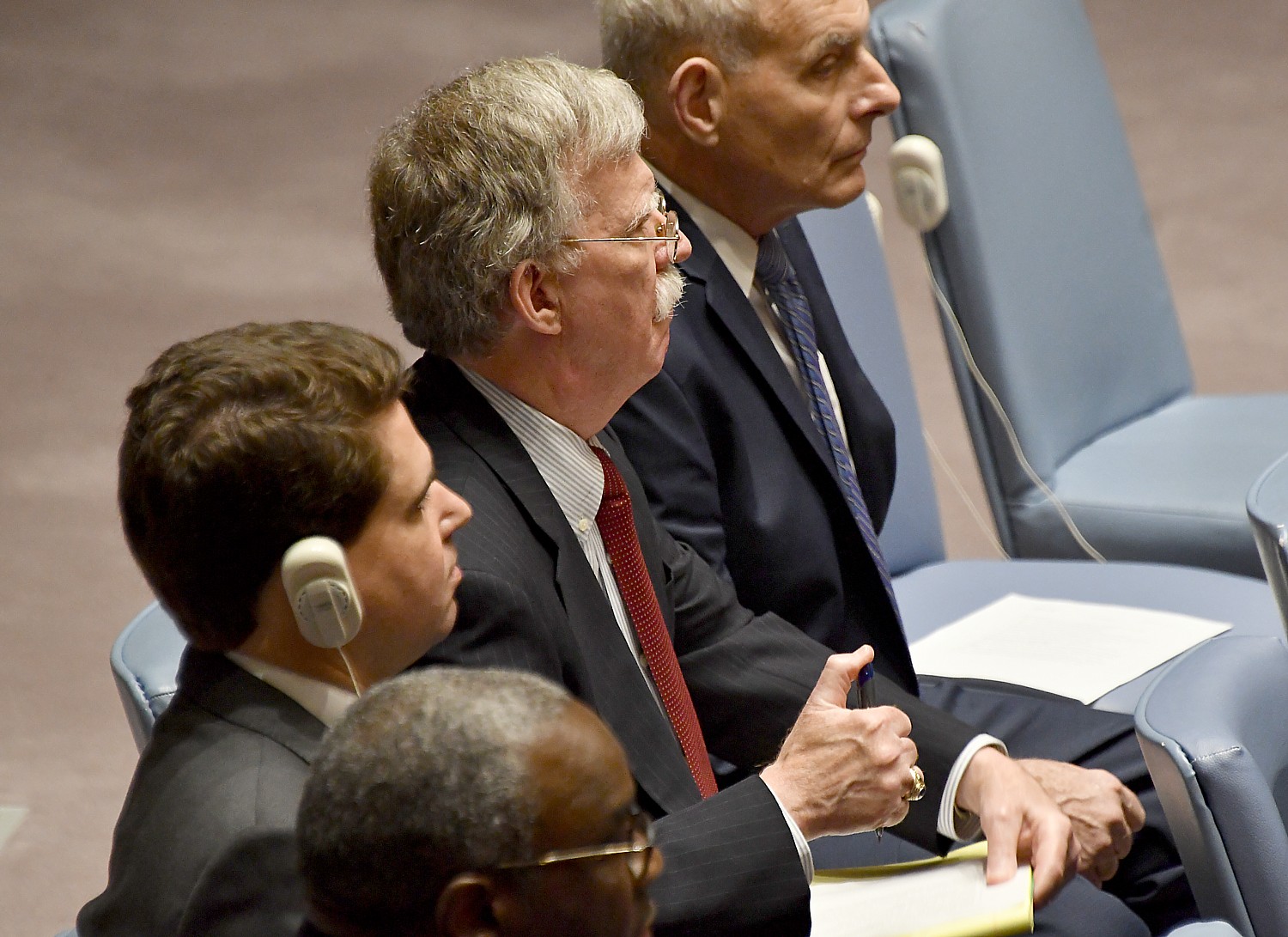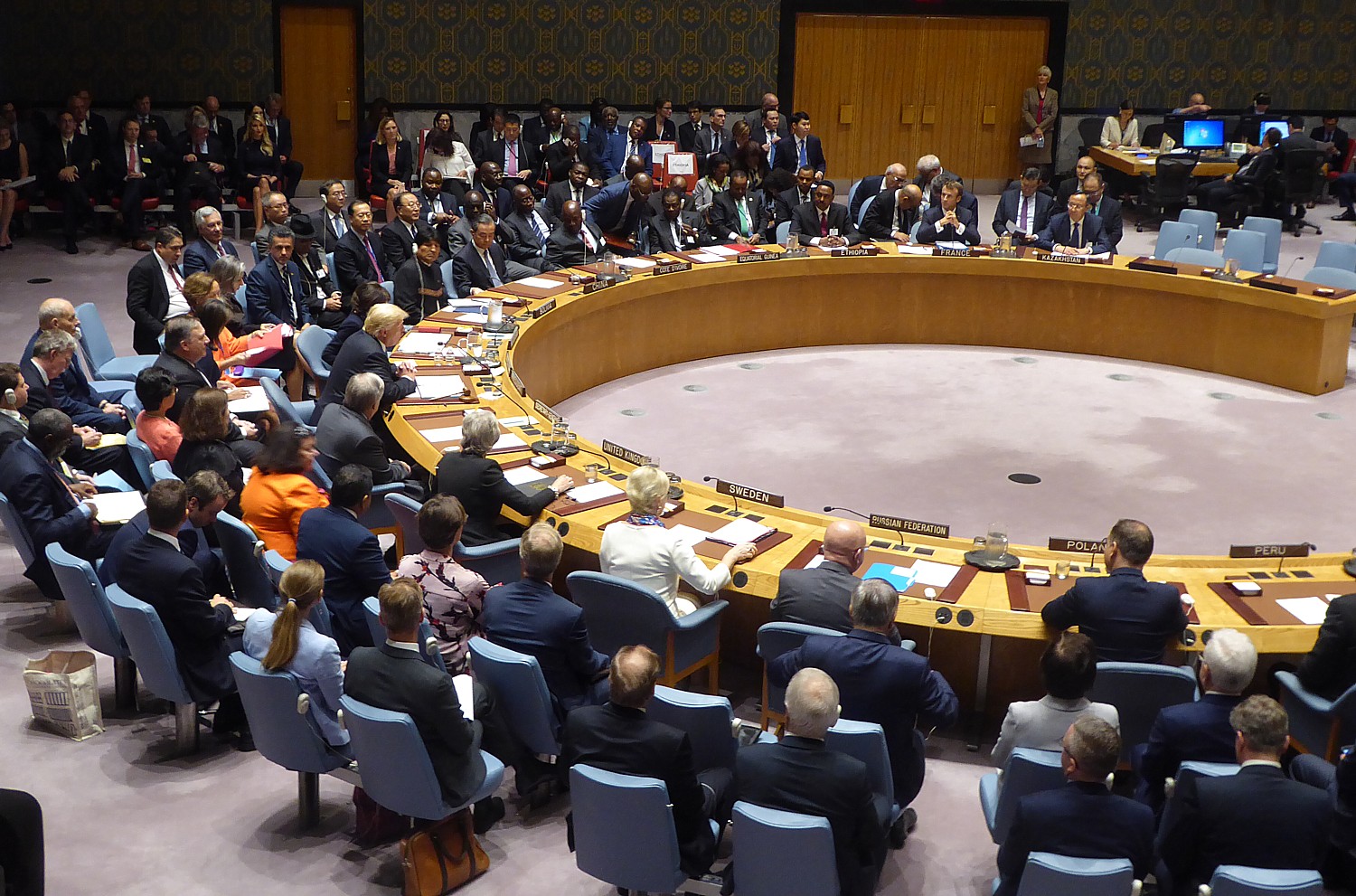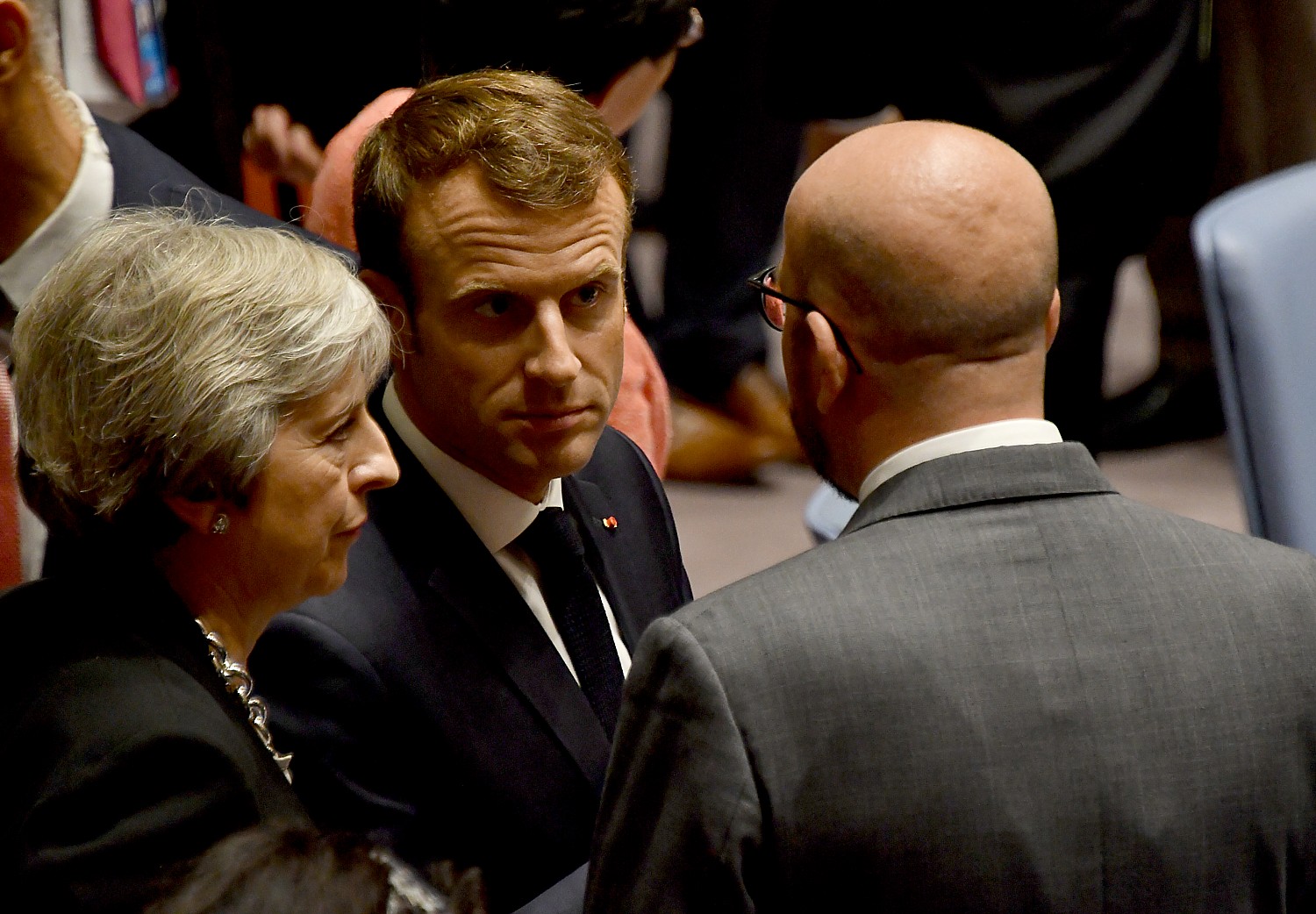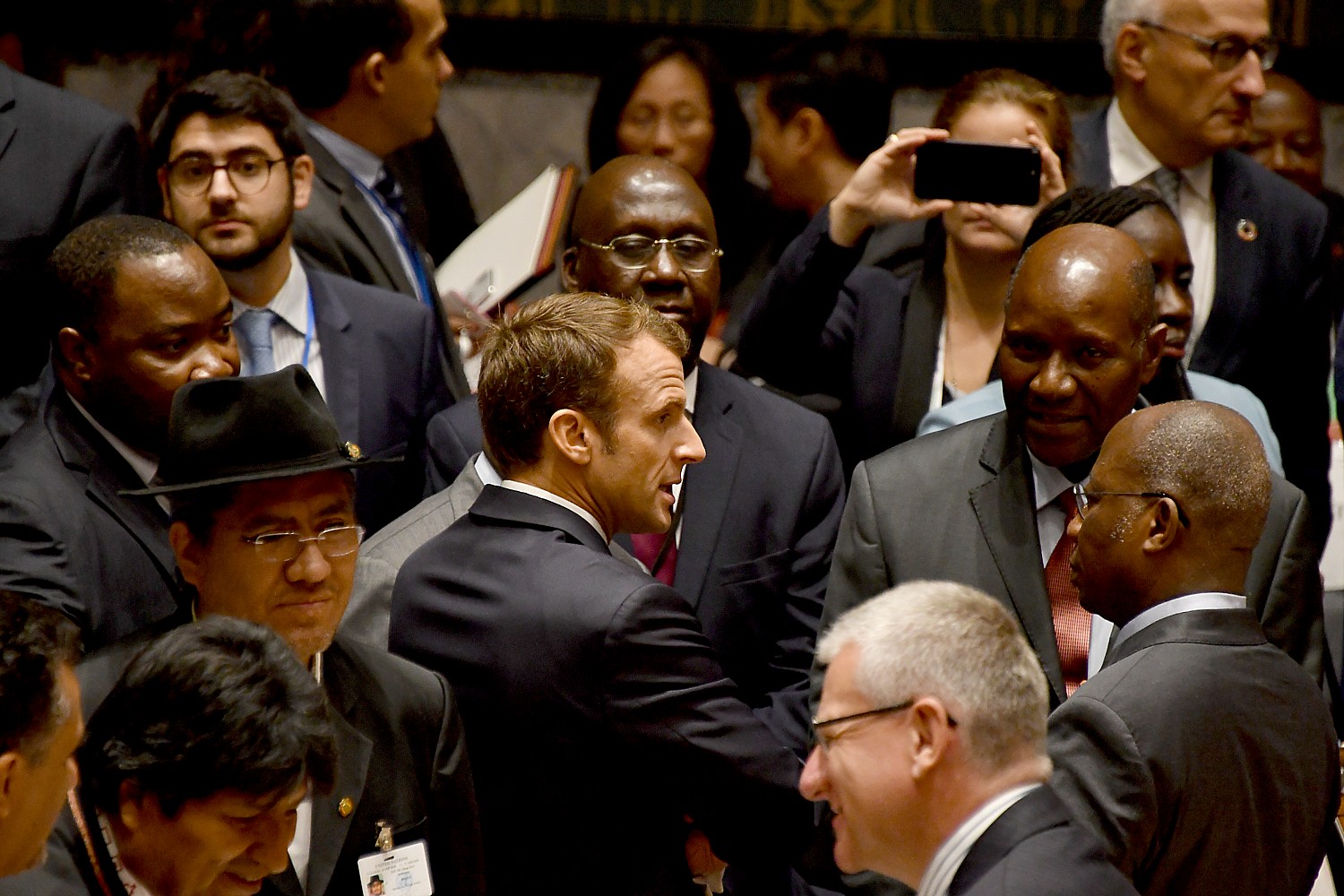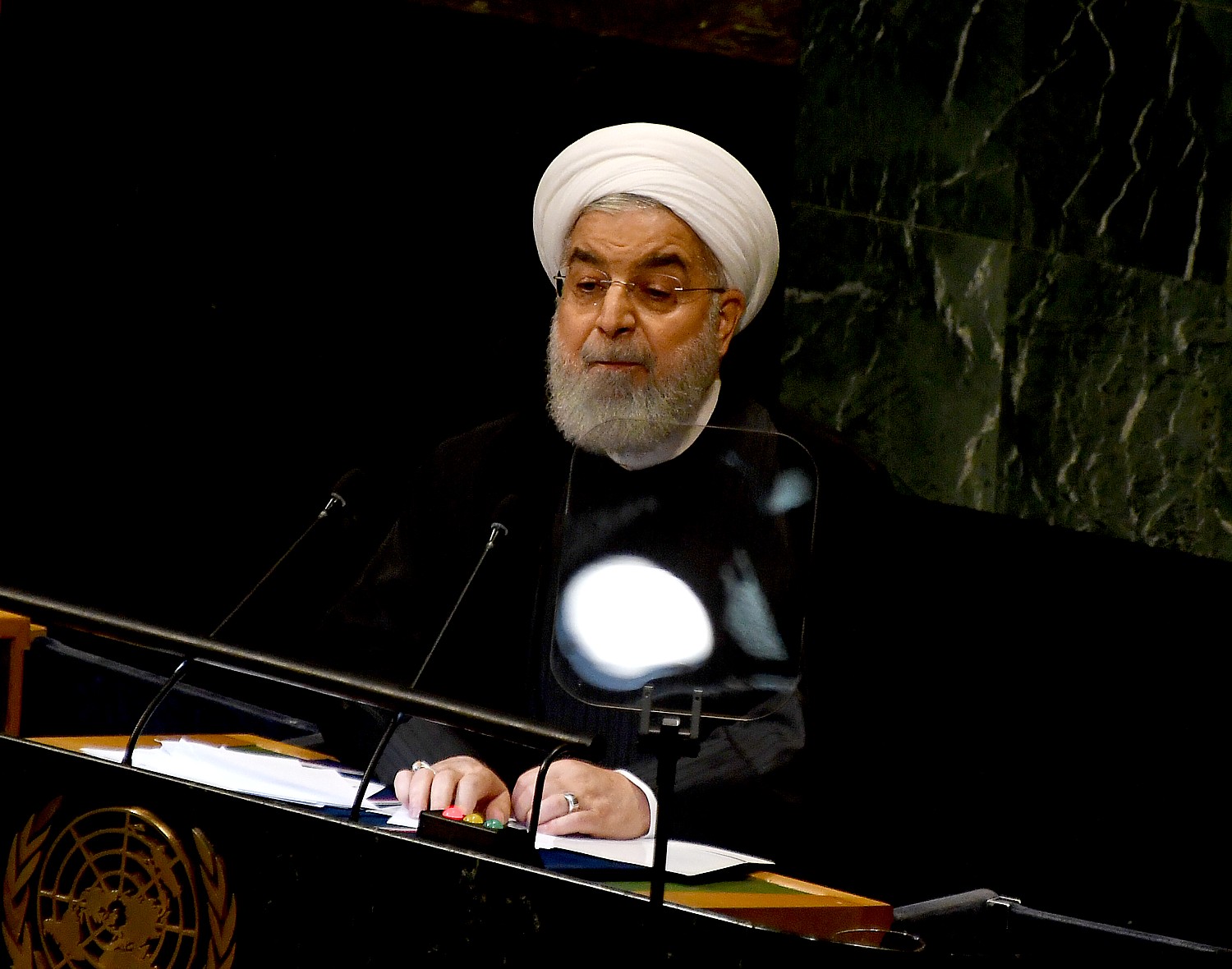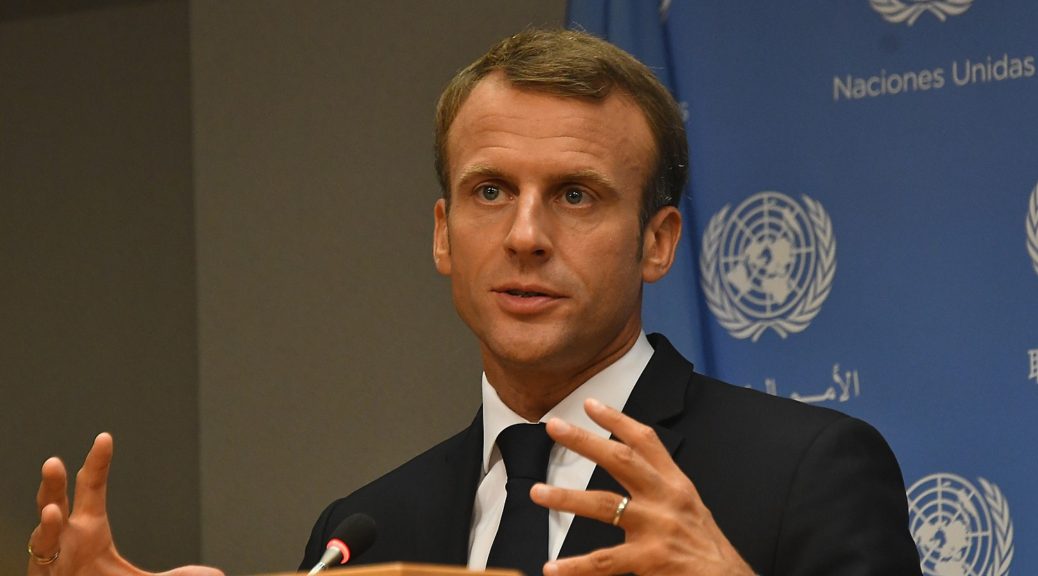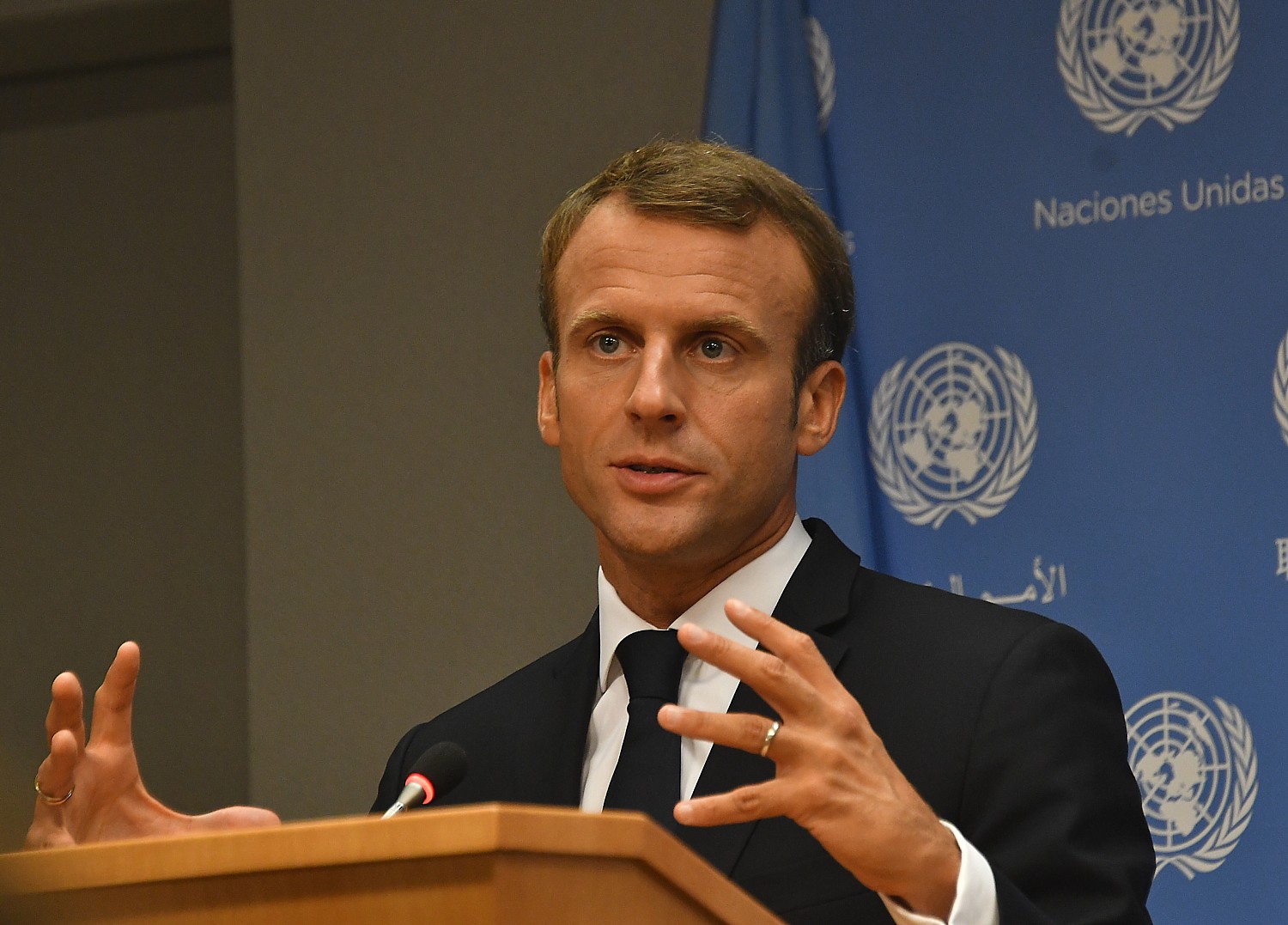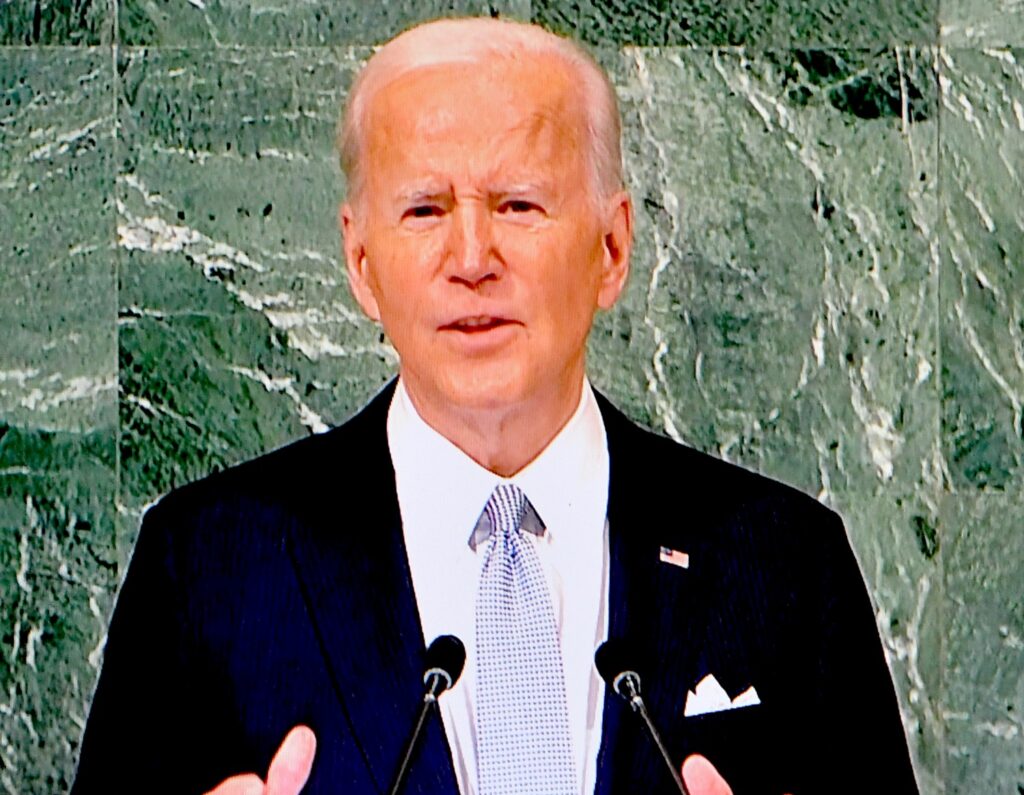
President Joe Biden presented America’s foreign policy manifesto in his speech to the United Nations 77th General Assembly in New York, asserting a world striving toward equity, shared progress, social, economic and environmental justice, just as he has endeavored to implement at home. He called out Russia, China and others for their human rights abuses, called for climate action, global health initiatives, food security, cooperation rather than competition on the technology advances to improve the lives of everyone. He called for diplomacy instead of conflict and a reaffirmation of the rule of law and the essential founding principles embodied in the United Nations Charter.
“So let’s stand together to again declare the unmistakable resolve that nations of the world are united still, that we stand for the values of the U.N. Charter, that we still believe by working together we can bend the arc of history toward a freer and more just world for all our children, although none of us have fully achieved it,” Biden declared. “We’re not passive witnesses to history; we are the authors of history. We can do this — we have to do it — for ourselves and for our future, for humankind.”
Here is an edited, highlighted transcript – Karen Rubin/news-photos-features.com
11:08 A.M. EDT
THE PRESIDENT: Thank you.
Mr. President, Mr. Secretary-General, my fellow leaders, in the last year, our world has experienced great upheaval: a growing crisis in food insecurity; record heat, floods, and droughts; COVID-19; inflation; and a brutal, needless war — a war chosen by one man, to be very blunt.
Russia’s Invasion of Ukraine
Let us speak plainly. A permanent member of the United Nations Security Council invaded its neighbor, attempted to erase a sovereign state from the map.
Russia has shamelessly violated the core tenets of the United Nations Charter — no more important than the clear prohibition against countries taking the territory of their neighbor by force.
Again, just today, President Putin has made overt nuclear threats against Europe and a reckless disregard for the responsibilities of the non-proliferation regime.
Now Russia is calling — calling up more soldiers to join the fight. And the Kremlin is organizing a sham referenda to try to annex parts of Ukraine, an extremely significant violation of the U.N. Charter.
This world should see these outrageous acts for what they are. Putin claims he had to act because Russia was threatened. But no one threatened Russia, and no one other than Russia sought conflict.
In fact, we warned it was coming. And with many of you, we worked to try to avert it.
Putin’s own words make his true purpose unmistakable. Just before he invaded, Putin asserted — and I quote — Ukraine was “created by Russia” and never had, quote, “real statehood.”
And now we see attacks on schools, railway stations, hospitals, wa- — on centers of Ukrainian history and culture.
In the past, even more horrifying evidence of Russia’s atrocity and war crimes: mass graves uncovered in Izyum; bodies, according to those that excavated those bodies, showing signs of torture.
This war is about extinguishing Ukraine’s right to exist as a state, plain and simple, and Ukraine’s right to exist as a people. Whoever you are, wherever you live, whatever you believe, that should not — that should make your blood run cold.
That’s why 141 nations in the General Assembly came together to unequivocally condemn Russia’s war against Ukraine. The United States has marshaled massive levels of security assistance and humanitarian aid and direct economic support for Ukraine — more than $25 billion to date.
Our allies and partners around the world have stepped up as well. And today, more than 40 countries represented in here have contributed billions of their own money and equipment to help Ukraine defend itself.
The United States is also working closely with our allies and partners to impose costs on Russia, to deter attacks against NATO territory, to hold Russia accountable for the atrocities and war crimes.
Because if nations can pursue their imperial ambitions without consequences, then we put at risk everything this very institution stands for. Everything.
Every victory won on the battlefield belongs to the courageous Ukrainian soldiers. But this past year, the world was tested as well, and we did not hesitate.
We chose liberty. We chose sovereignty. We chose principles to which every party to the United Nations Charter is beholding. We stood with Ukraine.
Like you, the United States wants this war to end on just terms, on terms we all signed up for: that you cannot seize a nation’s territory by force. The only country standing in the way of that is Russia.
So, we — each of us in this body who is determined to uphold the principles and beliefs we pledge to defend as members of the United Nations — must be clear, firm, and unwavering in our resolve.
Ukraine has the same rights that belong to every sovereign nation. We will stand in solidarity with Ukraine. We will stand in solidarity against Russia’s aggression. Period.
The US Will Defend Democracy
Now, it’s no secret that in the contest between democracy and autocracy, the United States — and I, as President — champion a vision for our world that is grounded in the values of democracy.
The United States is determined to defend and strengthen democracy at home and around the world. Because I believe democracy remains humanity’s greatest instrument to address the challenges of our time.
We’re working with the G7 and likeminded countries to prove democracies can deliver for their citizens but also deliver for the rest of the world as well.
Reaffirm the United Nations’ Founding Principles
But as we meet today, the U.N. Charter — the U.N. Charter’s very basis of a stable and just rule-based order is under attack by those who wish to tear it down or distort it for their own political advantage.
And the United Nations Charter was not only signed by democracies of the world, it was negotiated among citizens of dozens of nations with vastly different histories and ideologies, united in their commitment to work for peace.
As President Truman said in 1945, the U.N. Charter — and I quote — is “proof that nations, like men, can state their differences, can face them, and then can find common ground on which to stand.” End of quote.
That common ground was so straightforward, so basic that, today, 193 of you — 193 member states — have willingly embraced its principles. And standing up for those principles for the U.N. Charter is the job of every responsible member state.
I reject the use of violence and war to conquer nations or expand borders through bloodshed.
To stand against global politics of fear and coercion; to defend the sovereign rights of smaller nations as equal to those of larger ones; to embrace basic principles like freedom of navigation, respect for international law, and arms control — no matter what else we may disagree on, that is the common ground upon which we must stand.
If you’re still committed to a strong foundation for the good of every nation around the world, then the United States wants to work with you.
The UN Should Become More Inclusive
I also believe the time has come for this institution to become more inclusive so that it can better respond to the needs of today’s world.
Members of the U.N. Security Council, including the United States, should consistently uphold and defend the U.N. Charter and refrain — refrain from the use of the veto, except in rare, extraordinary situations, to ensure that the Council remains credible and effective.
That is also why the United States supports increasing the number of both permanent and non-permanent representatives of the Council. This includes permanent seats for those nations we’ve long supported and permanent seats for countries in Africa, Latin America, and the Caribbean.
The United States is committed to this vital work. In every region, we pursued new, constructive ways to work with partners to advance shared interests, from elevating the Quad in the Indo-Pacific; to signing the Los Angeles Declaration of Migration and Protection at the Summit of the Americas; to joining a historic meeting of nine Arab leaders to work toward a more peaceful, integrated Middle East; to hosting the U.S.-Africa Leaders’ Summit in — this December.
Relentless Diplomacy to Tackle Challenges
As I said last year, the United States is opening an era of relentless diplomacy to address the challenges that matter most to people’s lives — all people’s lives: tackling the climate crisis, as the previous speaker spoke to; strengthening global health security; feeding the world — feeding the world.
We made that priority. And one year later, we’re keeping that promise.
From the day I came to office, we’ve led with a bold climate agenda. We rejoined the Paris Agreement, convened major climate summits, helped deliver critical agreements on COP26. And we helped get two thirds of the world GDP on track to limit warming to 1.5 degrees Celsius.
And now I’ve signed a historic piece of legislation here in the United States that includes the biggest, most important climate commitment we have ever made in the history of our country: $369 billion toward climate change. That includes tens of billions in new investments in offshore wind and solar, doubling down on zero emission vehicles, increasing energy efficiency, supporting clean manufacturing.
Our Department of Energy estimates that this new law will reduce U.S. emissions by one gigaton a year by 2030 while unleashing a new era of clean-energy-powered economic growth.
Our investments will also help reduce the cost of developing clean energy technologies worldwide, not just the United States. This is a global gamechanger — and none too soon. We don’t have much time.
Climate Crisis
We all know we’re already living in a climate crisis. No one seems to doubt it after this past year. As we meet, much of Pakistan is still underwater; it needs help. Meanwhile, the Horn of Africa faces unprecedented drought.
Families are facing impossible choices, choosing which child to feed and wondering whether they’ll survive.
This is the human cost of climate change. And it’s growing, not lessening.
So, as I announced last year, to meet our global responsibility, my administration is working with our Congress to deliver more than $11 billion a year to international climate finance to help lower-income countries implement their climate goals and ensure a just energy transition.
The key part of that will be our [PREPARE] plan, which will help half a billion people, and especially vulnerable countries, adapt to the impacts of climate change and build resilience.
This need is enormous. So let this be the moment we find within ourselves the will to turn back the tide of climate devastation and unlock a resilient, sustainable, clean energy economy to preserve our planet.
Global Health
On global health, we’ve delivered more than 620 million doses of COVID-19 vaccine to 116 countries around the world, with more available to help meet countries’ needs — all free of charge, no strings attached.
And we’re working closely with the G20 and other countries. And the United States helped lead the change to establish a groundbreaking new Fund for Pandemic Prevention, Preparedness, and Response at the World Bank.
At the same time, we’ve continued to advance the ball on enduring global health challenges.
Later today, I’ll host the Seventh Replenishment Conference for the Global Fund to Fight AIDS, Tuberculosis, and Malaria. With bipartisan support in our Congress, I have pledged to contribute up to $6 billion to that effort.
So I look forward to welcoming a historic round of pledges at the conference resulting in one of the largest global health fundraisers ever held in all of history.
Food Crisis
We’re also taking on the food crisis head on. With as many as 193 million people around the world experiencing acute — acute food insecurity — a jump of 40 million in a year — today I’m announcing another $2.9 billion in U.S. support for lifesaving humanitarian and food security assistance for this year alone.
Russia, in the meantime, is pumping out lies, trying to pin the blame for the crisis — the food crisis — onto sanctions imposed by many in the world for the aggression against Ukraine.
So let me be perfectly clear about something: Our sanctions explicitly allow — explicitly allow Russia the ability to export food and fertilizer. No limitation. It’s Russia’s war that is worsening food insecurity, and only Russia can end it.
I’m grateful for the work here at the U.N. — including your leadership, Mr. Secretary-General — establishing a mechanism to export grain from Black Sea ports in Ukraine that Russia had blocked for months, and we need to make sure it’s extended.
We believe strongly in the need to feed the world. That’s why the United States is the world’s largest supporter of the World Food Programme, with more than 40 percent of its budget.
We’re leading support — we’re leading support of the UNICEF efforts to feed children around the world.
And to take on the larger challenge of food insecurity, the United States introduced a Call to Action: a roadmap eliminating global food insecurity — to eliminating global food insecurity that more than 100 nation member states have already supported.
In June, the G7 announced more than $4.5 billion to strengthen food security around the world.
Through USAID’s Feed the Future initiative, the United States is scaling up innovative ways to get drought- and heat-resistant seeds into the hands of farmers who need them, while distributing fertilizer and improving fertilizer efficiency so that farmers can grow more while using less.
And we’re calling on all countries to refrain from banning food exports or hoarding grain while so many people are suffering. Because in every country in the world, no matter what else divides us, if parents cannot feed their children, nothing — nothing else matters if parents cannot feed their children.
Rules of the Road for International Cooperation
As we look to the future, we’re working with our partners to update and create rules of the road for new challenges we face in the 21st century.
We launched the Trade and Technology Council with the European Union to ensure that key technologies — key technologies are developed and governed in the way that benefits everyone.
With our partner countries and through the U.N., we’re supporting and strengthening the norms of responsibility — responsible state behavior in cyberspace and working to hold accountable those who use cyberattacks to threaten international peace and security.
With partners in the Americas, Africa, Europe, and the Middle East, and the Indo-Pacific, we’re working to build a new economic ecosystem while — where every nation — every nation gets a fair shot and economic growth is resilient, sustainable, and shared.
That’s why the United States has championed a global minimum tax. And we will work to see it implemented so major corporations pay their fair share everywhere — everywhere.
It’s also been the idea behind the Indo-Pacific Economic Framework, which the United States launched this year with 13 other Indo-Pacific economies. We’re working with our partners in ASEAN and the Pacific Islands to support a vision for a critical Indo-Pacific region that is free and open, connected and prosperous, secure and resilient.
Together with partners around the world, we’re working to secure resilient supply chains that protect everyone from coercion or domination and ensure that no country can use energy as a weapon.
And as Russia’s war riles the global economy, we’re also calling on major global creditors, including the non-Paris Club countries, to transparently negotiate debt forgiveness for lower-income countries to forestall broader economic and political crises around the world.
Instead of infrastructure projects that generate huge and large debt without delivering on the promised advantages, let’s meet the enormous infrastructure needs around the world with transparent investments — high-standard projects that protect the rights of workers and the environment — keyed to the needs of the communities they serve, not to the contributor.
That’s why the United States, together with fellow G7 partners, launched a Partnership for Global Infrastructure and Investment. We intend to collectively mobilize $600 billion
in investment through this partnership by 2027.
Dozens of projects are already underway: industrial-scale vaccine manufacturing in Senegal, transformative solar projects in Angola, first-of-its-kind small modular nuclear power plant in Romania.
These are investments that are going to deliver returns not just for those countries, but for everyone. The United States will work with every nation, including our competitors, to solve global problems like climate change. Climate diplomacy is not a favor to the United States or any other nation, and walking away hurts the entire world.
Relations with China, Nations
Let me be direct about the competition between the United States and China. As we manage shifting geopolitical trends, the United States will conduct itself as a reasonable leader. We do not seek conflict. We do not seek a Cold War. We do not ask any nation to choose between the United States or any other partner.
But the United States will be unabashed in promoting our vision of a free, open, secure, and prosperous world and what we have to offer communities of nations: investments that are designed not to foster dependency, but to alleviate burdens and help nations become self-sufficient; partnerships not to create political obligation, but because we know our own success — each of our success is increased when other nations succeed as well.
When individuals have the chance to live in dignity and develop their talents, everyone benefits. Critical to that is living up to the highest goals of this institution: increasing peace and security for everyone, everywhere.
The United States will not waver in our unrelenting determination to counter and thwart the continuing terrorist threats to our world. And we will lead with our diplomacy to strive for peaceful resolution of conflicts.
We seek to uphold peace and stability across the Taiwan Straits.
We remain committed to our One China policy, which has helped prevent conflict for four decades. And we continue to oppose unilateral changes in the status quo by either side.
We support an African Union-led peace process to end the fight in Ethiopia and restore security for all its people.
In Venezuela, where years of the political oppression have driven more than 6 million people from that country, we urge a Venezuelan-led dialogue and a return to free and fair elections.
We continue to stand with our neighbor in Haiti as it faces political-fueled gang violence and an enormous human crisis.
And we call on the world to do the same. We have more to do.
We’ll continue to back the U.N.-mediated truce in Yemen, which has delivered precious months of peace to people that have suffered years of war.
And we will continue to advocate for lasting negotiating peace between the Jewish and democratic state of Israel and the Palestinian people. The United States is committed to Israel’s security, full stop. And a negotiated two-state solution remains, in our view, the best way to ensure Israel’s security and prosperity for the future and give the Palestinians the state which — to which they are entitled — both sides to fully respect the equal rights of their citizens; both people enjoying equal measure of freedom and dignity.
Nuclear Non-Proliferation
Let me also urge every nation to recommit to strengthening the nuclear non-proliferation regime through diplomacy. No matter what else is happening in the world, the United States is ready to pursue critical arms control measures. A nuclear war cannot be won and must never be fought.
The five permanent members of the Security Council just reaffirmed that commitment in January. But today, we’re seeing disturbing trends. Russia shunned the Non-Proliferation ideals embraced by every other nation at the 10th NPT Review Conference.
And again, today, as I said, they’re making irresponsible nuclear threats to use nuclear weapons. China is conducting an unprecedented, concerning nuclear buildup without any transparency.
Despite our efforts to begin serious and sustained diplomacy, the Democratic People’s Republic of Korea continues to blatantly violate U.N. sanctions.
And while the United States is prepared for a mutual return to the Joint Comprehensive Plan of Action if Iran steps up to its obligations, the United States is clear: We will not allow Iran to acquire a nuclear weapon.
I continue to believe that diplomacy is the best way to achieve this outcome. The nonproliferation regime is one of the greatest successes of this institution. We cannot let the world now slide backwards, nor can we turn a blind eye to the erosion of human rights.
Human Rights
Perhaps singular among this body’s achievements stands the Universal Declaration of Human Rights, which is the standard by which our forebears challenged us to measure ourselves.
They made clear in 1948: Human rights are the basis for all that we seek to achieve. And yet today, in 2022, fundamental freedoms are at risk in every part of our world, from the violations in Xinjiang detailed in recent reports by the Office of U.N. High Commissioner, to the horrible abuses against pro-democracy activists and ethnic minorities by the military regime in Burma, to the increased repression of women and girls by the Taliban in Afghanistan.
And today, we stand with the brave citizens and the brave women of Iran who right now are demonstrating to secure their basic rights.
But here’s what I know: The future will be won by those countries that unleash the full potential of their populations, where women and girls can exercise equal rights, including basic reproductive rights, and contribute fully to building a stronger economies and more resilient societies; where religious and ethnic minorities can live their lives without harassment and contribute to the fabric of their communities; where the LGBTQ+ community individuals live and love freely without being targeted with violence; where citizens can question and criticize their leaders without fear of reprisal.
The United States will always promote human rights and the values enshrined in the U.N. Charter in our own country and around the world.
Let me end with this: This institution, guided by the U.N. Charter and the Universal Declaration of Human Rights, is at its core an act of dauntless hope.
Let me say that again: It’s an act of dauntless hope.
Think about the vision of those first delegates who undertook a seemingly impossible task while the world was still smoldering.
Think about how divided the people of the world must have felt with the fresh grief of millions dead, the genocidal horrors of the Holocaust exposed.
They had every right to believe only the worst of humanity. Instead, they reached for what was best in all of us, and they strove to build something better: enduring peace; comity among nations; equal rights for every member of the human family; cooperation for the advancement of all humankind.
My fellow leaders, the challenges we face today are great indeed, but our capacity is greater. Our commitment must be greater still.
So let’s stand together to again declare the unmistakable resolve that nations of the world are united still, that we stand for the values of the U.N. Charter, that we still believe by working together we can bend the arc of history toward a freer and more just world for all our children, although none of us have fully achieved it.
We’re not passive witnesses to history; we are the authors of history.
We can do this — we have to do it — for ourselves and for our future, for humankind.
Thank you for your tolerance, for listening to me. I appreciate it very much. God bless you all. (Applause.)
11:37 A.M. EDT

